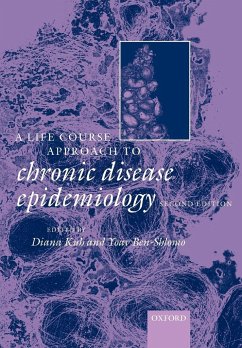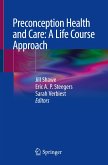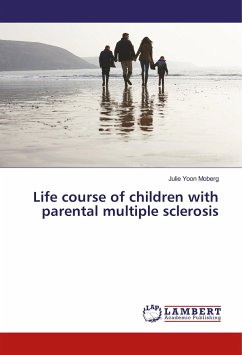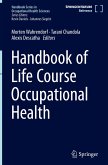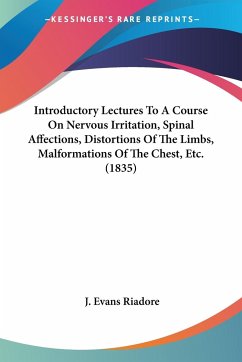The first edition in 1997 of A Life Course Approach to Chronic Disease Epidemiology became a classic text for epidemiological and public health researchers interested in the childhood origins of adult chronic disease. Since then the new field of life course epidemiology has expanded rapidly, attracting the interest not only of academics across the health and social sciences but also policy makers, funding bodies, and the general public. Its purpose is to study how biological and social factors during gestation, childhood, adolescence and earlier adult life independently, cummulatively and interactively influence later life health and disease. Contributors to this fully revised second edition capture the excitement of the developing field and asses the latest evidence regarding sources of risk to health across the life course and across generations. The original chapters on life course influences on cardiovascular disease, diabetes, blook pressure, respiratory disease and cancer have been updated and extended. New chapters on life course influences on obesity, biological ageing and neuropsychiatric disorders have been added. Life course explanations for disease trends and for socioeconomic differentials in disease risk are given more attention in this new edition, reflecting recent developments in the field. The section on policy implications has been expanded, assessing the role of interventions to improve childhood social circumstances, as well as interventions to improve early growth. Emerging new research themes and the theoretical and methodological challenges facing life course epidemiology are highlighted.
Hinweis: Dieser Artikel kann nur an eine deutsche Lieferadresse ausgeliefert werden.
Hinweis: Dieser Artikel kann nur an eine deutsche Lieferadresse ausgeliefert werden.

